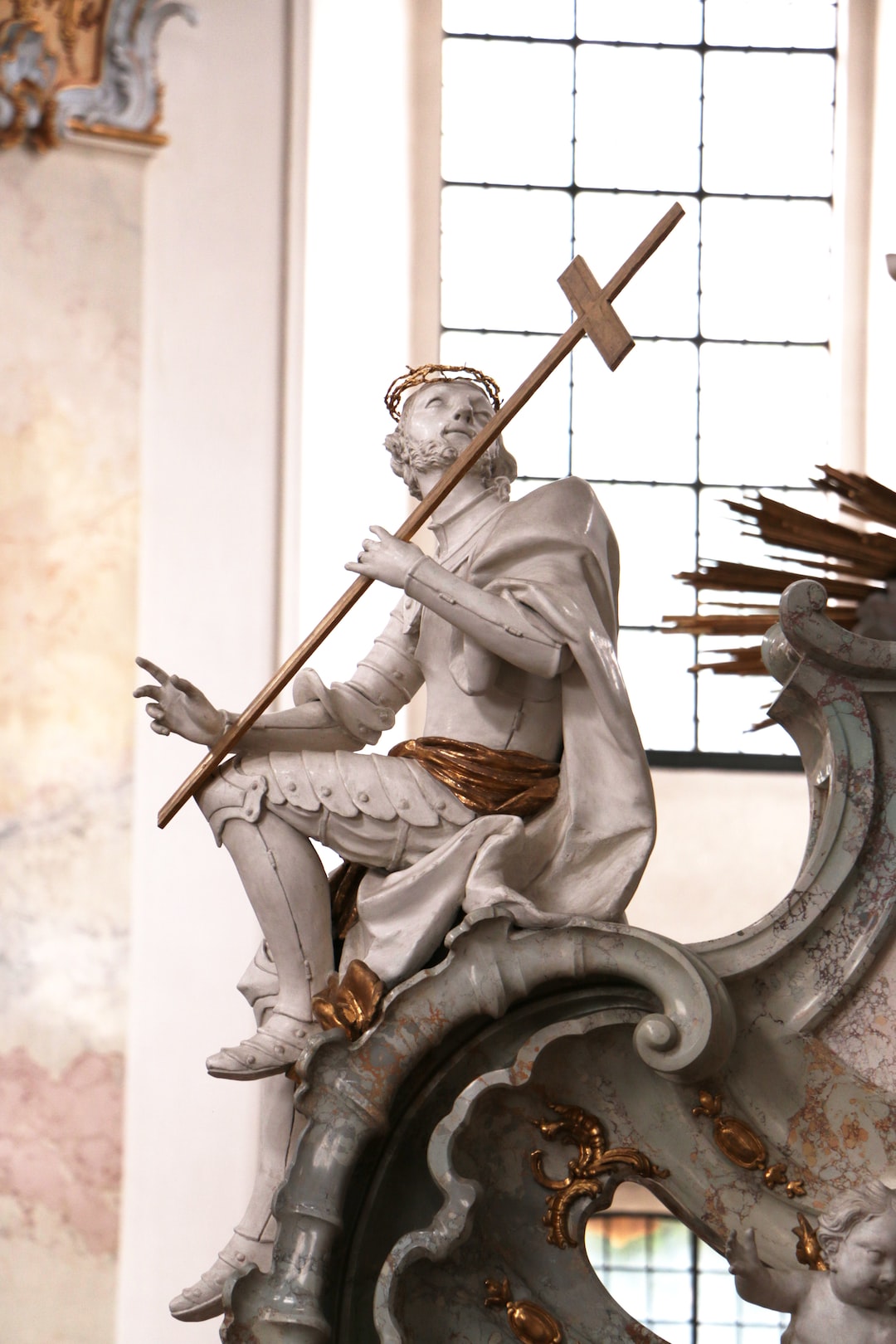Religion plays a pivotal role in the lives of millions of people around the world. It provides guidance, solace, and a sense of purpose. Central to religious communities are the leaders who uphold and propagate these beliefs – priests in Christianity, imams in Islam, and rabbis in Judaism. These religious leaders serve a multitude of roles within their respective communities, wielding significant influence and providing spiritual support.
First and foremost, religious leaders act as conduits between their followers and the divine. They are responsible for leading congregations in worship, performing religious ceremonies, and offering prayers on behalf of the community. Whether it be the celebration of Mass in a Catholic church, the recitation of the Quran in a mosque, or the observance of Shabbat in a synagogue, these leaders play an integral role in facilitating communal spiritual experiences.
Furthermore, religious leaders are entrusted with the responsibility of interpreting sacred texts and doctrines, guiding their followers on matters of faith and morality. Priests, for instance, are expected to delve into the teachings of Christ as recorded in the Bible, drawing upon theological knowledge to impart wisdom and moral guidance. Imams, on the other hand, rely on the Quran and the Hadiths to elucidate Islamic beliefs and principles. Rabbis study the Torah and Talmud to guide the Jewish community. In doing so, these leaders clarify religious doctrines, resolve dilemmas, and offer direction to their respective congregations.
Beyond their spiritual roles, religious leaders often serve as social and moral advocates within their communities. They can be at the forefront of addressing social issues, such as poverty, education, or healthcare. Their influence extends beyond the walls of worship centers as they embody the values and teachings of their respective religions. These leaders can provide solace and guidance during times of crisis, offering words of encouragement and support to those in need. They act as pillars of strength, fostering unity and addressing the social challenges that their communities face.
In addition to their pastoral duties, religious leaders also serve as educators, working to impart religious knowledge to the next generation. They play a crucial role in teaching children and adults alike about their faith, providing religious education classes, seminars, and programs. This ensures the continuity of religious traditions and practices by passing down valuable knowledge from one generation to the next.
Moreover, religious leaders serve as mediators and facilitators in conflicts or disputes that arise within their communities. They provide counsel and guidance, encouraging peaceful resolutions and fostering reconciliation. This crucial role helps maintain harmony within the religious community, ensuring that disagreements are resolved in a fair and just manner.
Lastly, religious leaders can act as bridge builders between different faith communities, promoting interfaith dialogue and understanding. They can participate in interfaith events, dialogue sessions, and initiatives that seek to foster mutual respect and collaboration among diverse religious groups. Through such efforts, religious leaders strive to create a more harmonious and inclusive society, promoting the essence of love, compassion, and tolerance that is inherent in many religious traditions.
In conclusion, religious leaders hold vital positions within their respective communities. They serve as spiritual guides, interpreters of sacred texts, advocates for social justice, educators, mediators, and bridge builders. Their roles are multifaceted and essential in fostering religious adherence, providing guidance, and enhancing the wellbeing of their congregations. The importance of priests, imams, and rabbis cannot be overstated as they play a significant part in nurturing the spiritual, social, and moral fabric of their religious communities.
